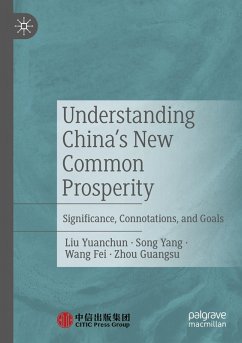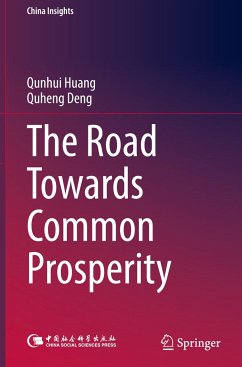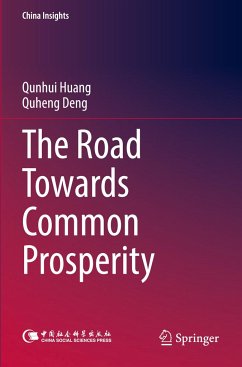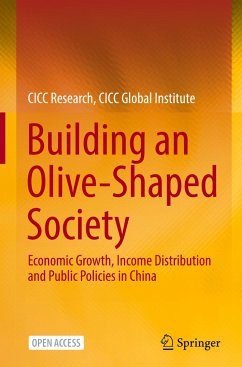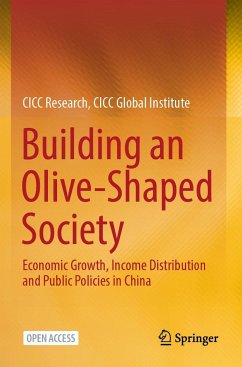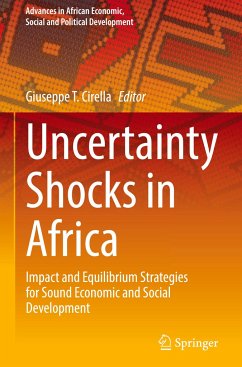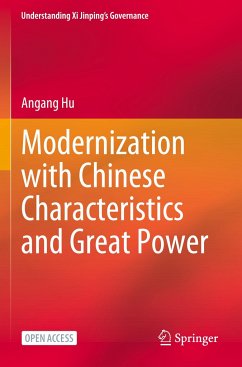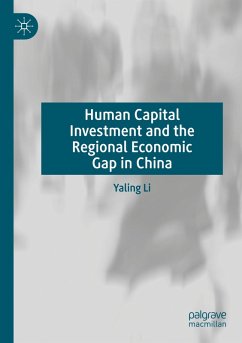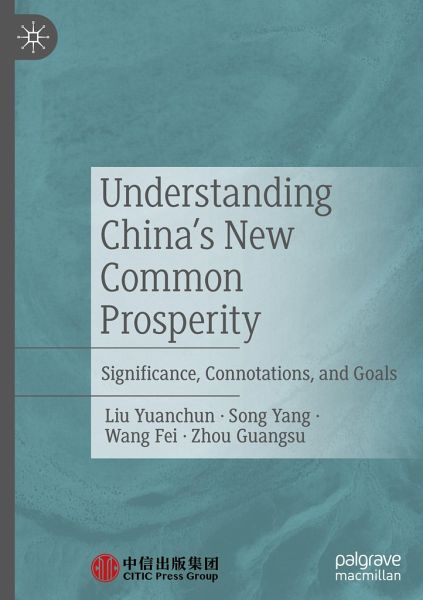
Understanding China's New Common Prosperity
Significance, Connotations, and Goals
Versandkostenfrei!
Versandfertig in 6-10 Tagen
98,99 €
inkl. MwSt.
Weitere Ausgaben:

PAYBACK Punkte
49 °P sammeln!
This book explains China's new common prosperity policies-their significance, connotations, and goals-and explains the economic logic behind these often misunderstood policies. First, the authors explain the theory behind common prosperity. Why is the Chinese government changing its economic policies now, and what is its objectives and metrics? The authors then go on to explain how the new policies are being designed, what the test cases are across the country, and how the government, businesses, families, and individuals are working together to promote common prosperity. An important book tha...
This book explains China's new common prosperity policies-their significance, connotations, and goals-and explains the economic logic behind these often misunderstood policies. First, the authors explain the theory behind common prosperity. Why is the Chinese government changing its economic policies now, and what is its objectives and metrics? The authors then go on to explain how the new policies are being designed, what the test cases are across the country, and how the government, businesses, families, and individuals are working together to promote common prosperity. An important book that will help scholars around the world understand China's new economic bottom line. This book will be of interest to economists, sociologists, and sinologists.





